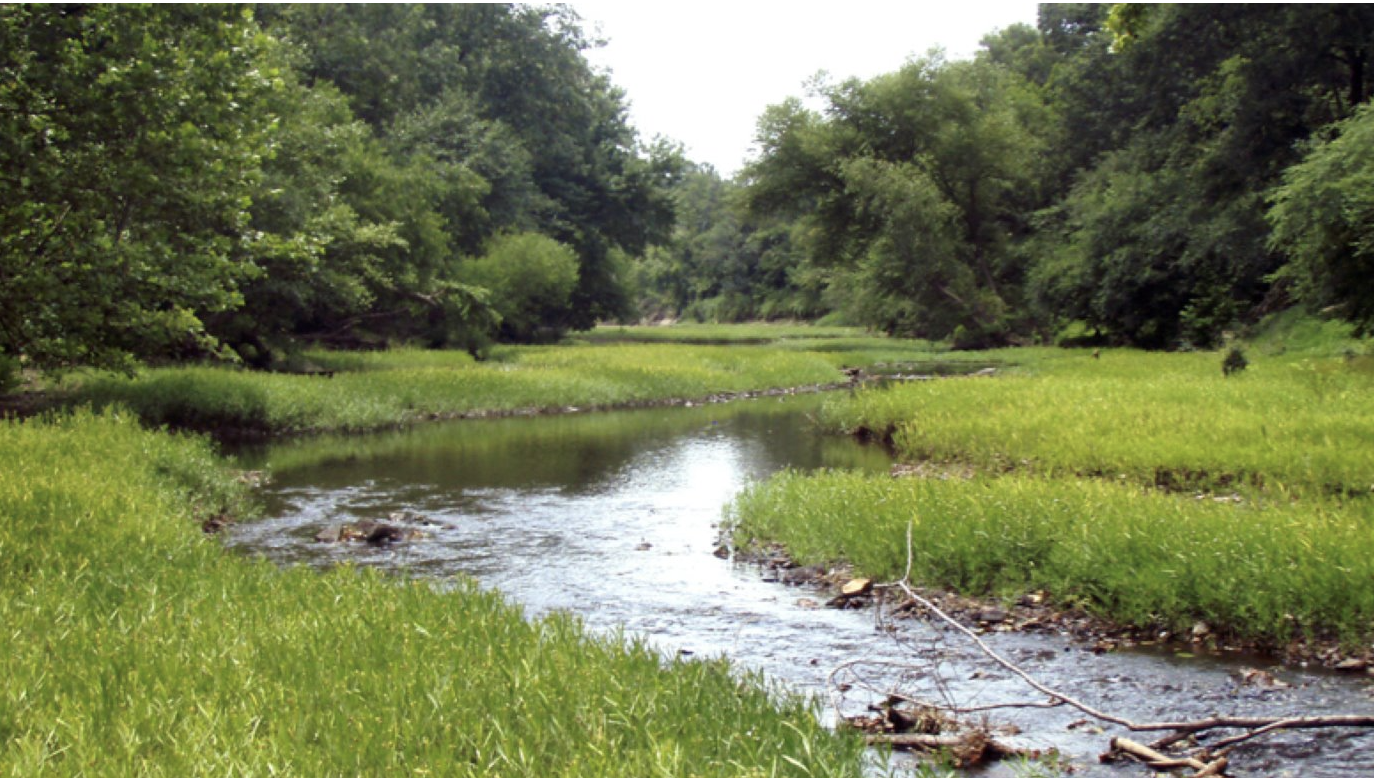
Date: 2021 to 2023
Primary Contact: Caryn Vaughn
Research Location: Norman, Oklahoma
Funding: The National Science Foundation
Human alteration of the environment has led to rapid declines in animal populations, particularly in freshwater habitats. When animals are lost, the important roles they play in ecosystems are also lost. Understanding the consequences of these biodiversity declines for core ecosystem functions requires long-term data.
Freshwater mussels are globally imperiled bivalve mollusks that feed by filtering algae and other material from the water. This “biofiltration” influences multiple ecological functions such as nutrient cycling and primary production, and provides ecosystem services such as improved water quality for humans.
This project will synthesize 30 years of data on mussel distribution, abundance, and community composition across rivers in the Ouachita Highlands of Oklahoma and Arkansas. Information on species biological traits, such as temperature tolerance, body size, and filtration rates, will be used to estimate historical biofiltration, nutrient cycling and nutrient storage rates. This will be combined with climate change projections to predict how these functions may change in the future. Products from this project will include journal articles, a book on mussel ecology, and a web site and poster on the mussels of Oklahoma.